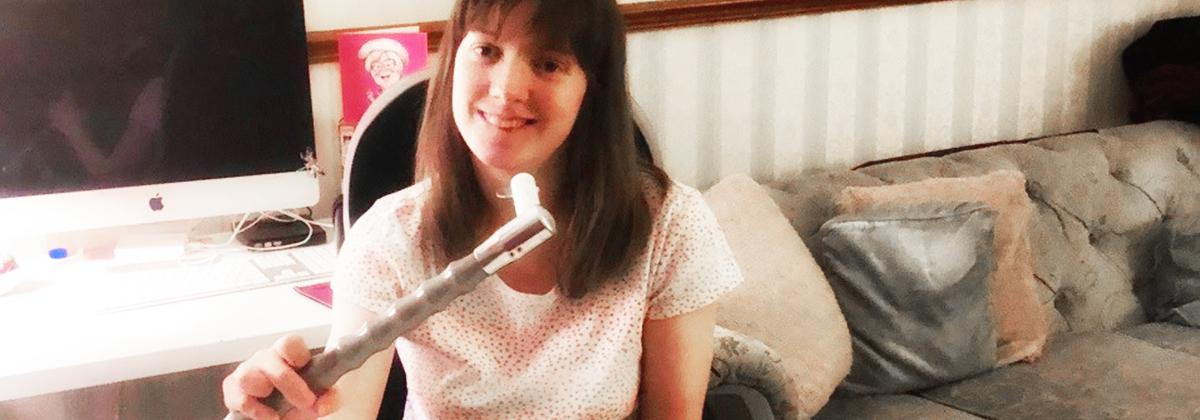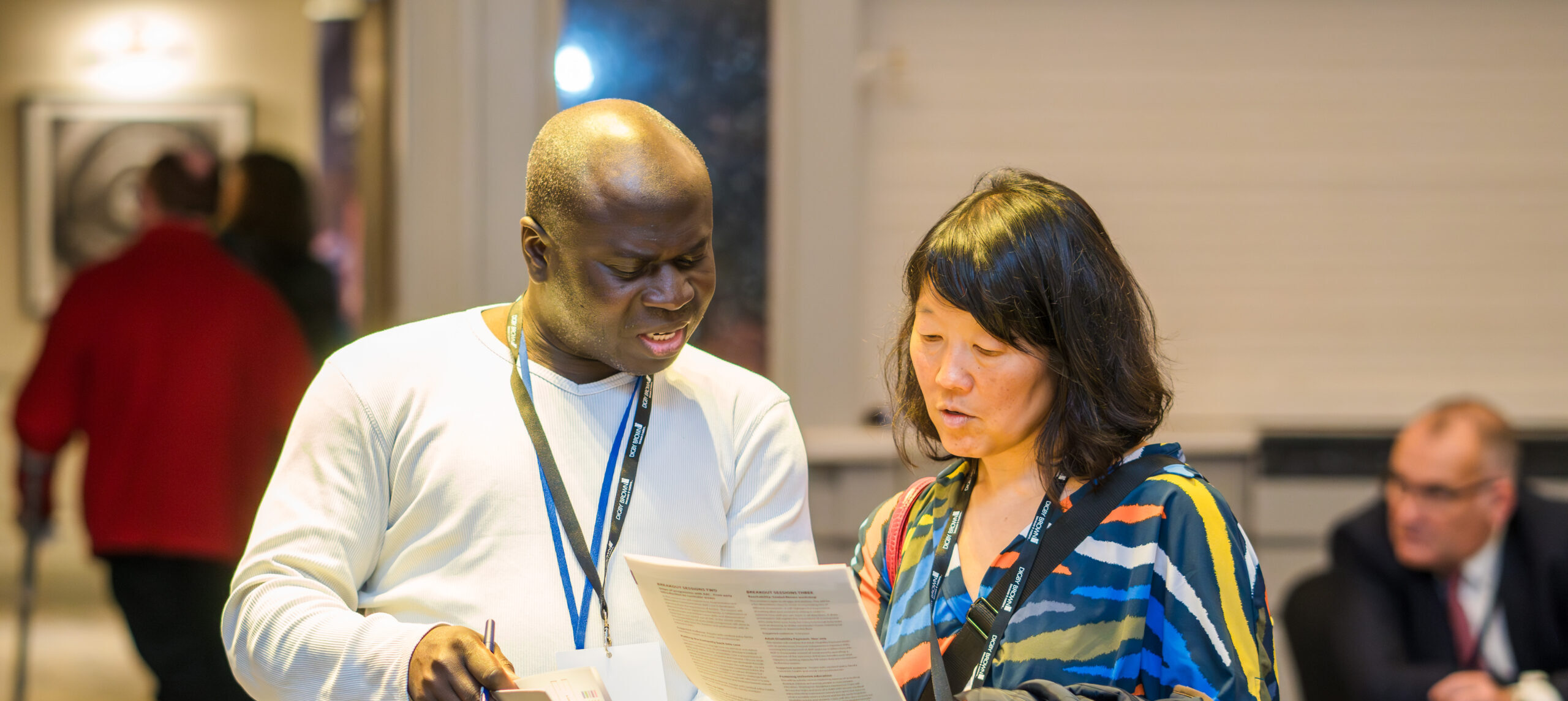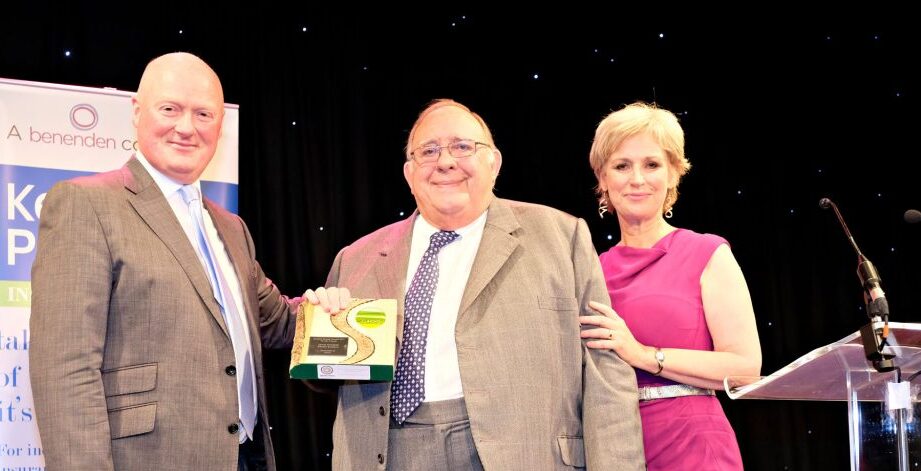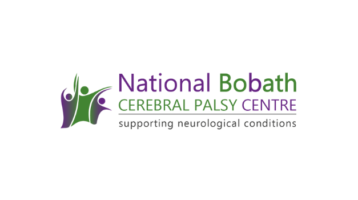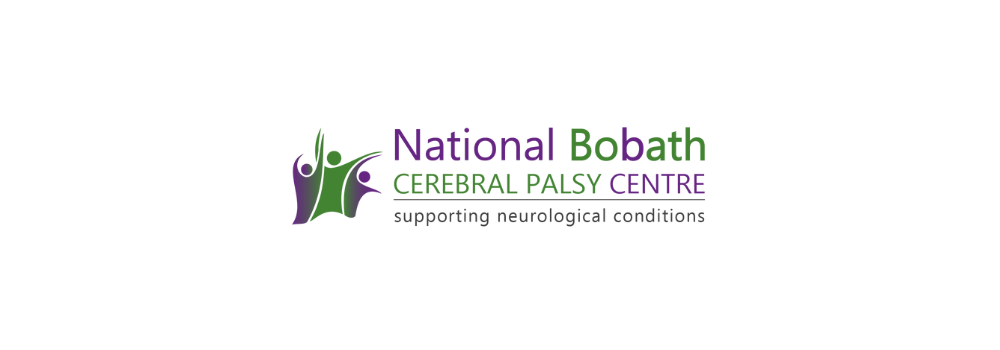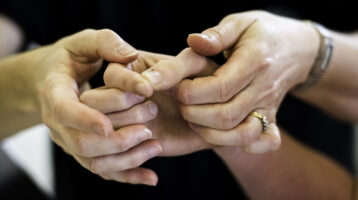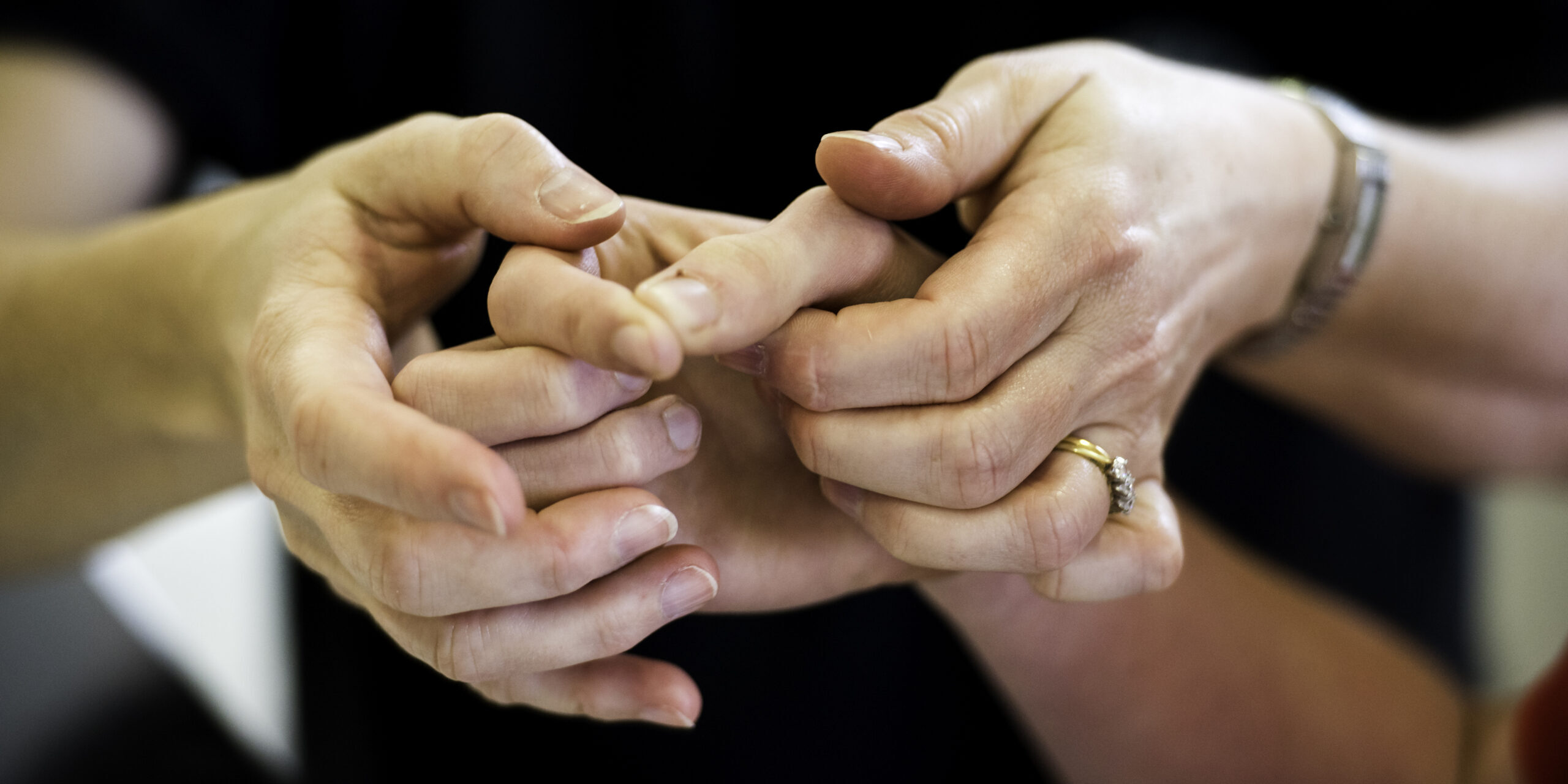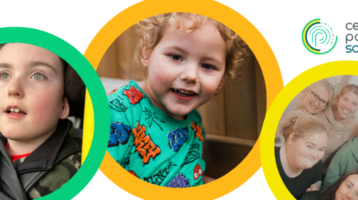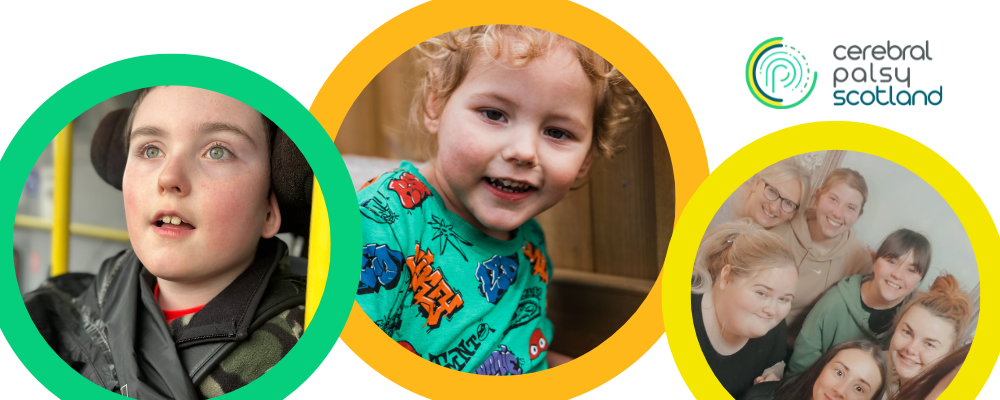Everyone’s body gradually deteriorates with age. This is known as ‘primary ageing’ and can include a person developing conditions such as diabetes and blood pressure issues.
‘Secondary ageing’ is the term given to other factors known to affect the rate of ageing. This can include lifestyle factors, such as diet and the amount of exercise we take. It is now known that living with a lifelong condition such as cerebral palsy causes secondary ageing. This is thought to be due to a combination of the physical and emotional demands over time.
Adults with CP can start noticing changes in their ability or development of additional health issues earlier than others. For some, this can occur in their mid-thirties (occasionally earlier), and for others, it happens in their forties and fifties.
With the right input, a lot can be done to manage these changes and to maintain levels of function and comfort, such as learning how to do things differently, how to loosen stiff areas or how to conserve energy.
Potential physical changes for adults with CP
Changes in mobility: Altered postures and altered movement patterns can sometimes result in rapid changes to mobility. Stiffness, walking and balance issues are common in mid-life.
Reduced physical strength: If you don’t use muscles regularly, strength reduces, stiffness increases and there is an increased risk of injury. Where muscle tone is already lower, muscles can become weaker and prone to injury or deformity. People often stop moving because they find it uncomfortable or painful.
Reduced balance: Alignment is important for balance. Muscle stiffness and loss of strength affects alignment and reduces ability to balance. Walking also depends on a good foot position and alignment of feet and ankles – any changes in this will impact ability to mobilise.
Pain: Chronic pain, and the implications of it, can be a big issue for adults with cerebral palsy. It can stop people from doing the things they love. Tensing up in anticipation of pain can affect movement, motivation to move and general well-being.
Co-ordination: Amongst other things, good co-ordination is dependent on a combination of good range of movement, alignment, sufficient physical strength and practice. Where one of these components is lacking, it will influence overall function.
Fatigue: Fatigue/exhaustion is closely linked to the efficiency of movement. If the effort of doing something is too high in relation to energy available, it can cause fatigue. Some people notice this occurring as early as their mid-20s to early 40s.
Higher risk of osteoporosis: Bone density depends on a number of factors including weight-bearing, diet and medication. People who have cerebral palsy are more at risk of reduced bone density due to factors such as reduced opportunities for active weight-bearing and/or taking certain medication. Reduced bone density makes a person more susceptible to injury as they age.
Sleep disturbance: Sleep pattern can be affected as a result of discomfort/pain or changes in being able to assume a good/aligned position at night.
Mental well-being
Having CP can mean dealing with accelerated ageing at an earlier stage. It is easy to focus on physical changes but it is also important to consider the mind. Frustration, anxiety, or a sense of isolation can be experienced by anybody at any time:
Reduced concentration: Ability to focus on a task can be influenced by factors such as pain, anxiety or even the need for significant physical effort.
Sense of loss: Losing the ability to do something you previously managed can be incredibly frustrating and upsetting.
Social isolation: Social isolation can result due to reduced contact with people at key stages of life, such as finishing school or moving house, or as a result of difficulty finding suitable employment or leisure opportunities. For some, it can be due to a deterioration in mobility or confidence in getting out and around the local community.
What can I do to stay well?
Consider therapy: People often presume they cannot recover their ability to do something. Often with the right therapy input, they can regain some, or all, of these skills. Alternatively, there may be other ways of achieving what is important to them.
If pain or other factors are stopping you doing something it’s also important to seek help. Doing nothing increases the risk of losing muscle strength. Regular therapy and exercise can make a positive difference.
Get the right equipment/orthotics: Some people find they need mobility aids as they grow older. Others have used aids/equipment for some time that initially worked very well but that require adjustments. Having an item of equipment like a wheelchair, mobility aid, or orthotics, is only helpful if it is the right item at a given time and adjusted to (changing) needs. You can request a review if you have not had one for a long time.
How Cerebral Palsy Scotland can help
Find out how Cerebral Palsy Scotland supports adults with CP by providing therapy and other services.
Our Annual Self Check can help identify areas where changes are beginning to happen and help with deciding if it’s time to get some advice or help.
National Institute for Health and Care Excellence
NICE the National Institute for Health and Care Excellence have created Quality Standards – CP in adults.
NICE quality standards describe high-priority areas for improvement in a defined care or service area. Each standard consists of a prioritised set of specific, concise and measurable statements. NICE quality standards draw on existing NICE or NICE accredited guidance that provides an underpinning, comprehensive set of recommendations, and are designed to support the measurement of improvement.
